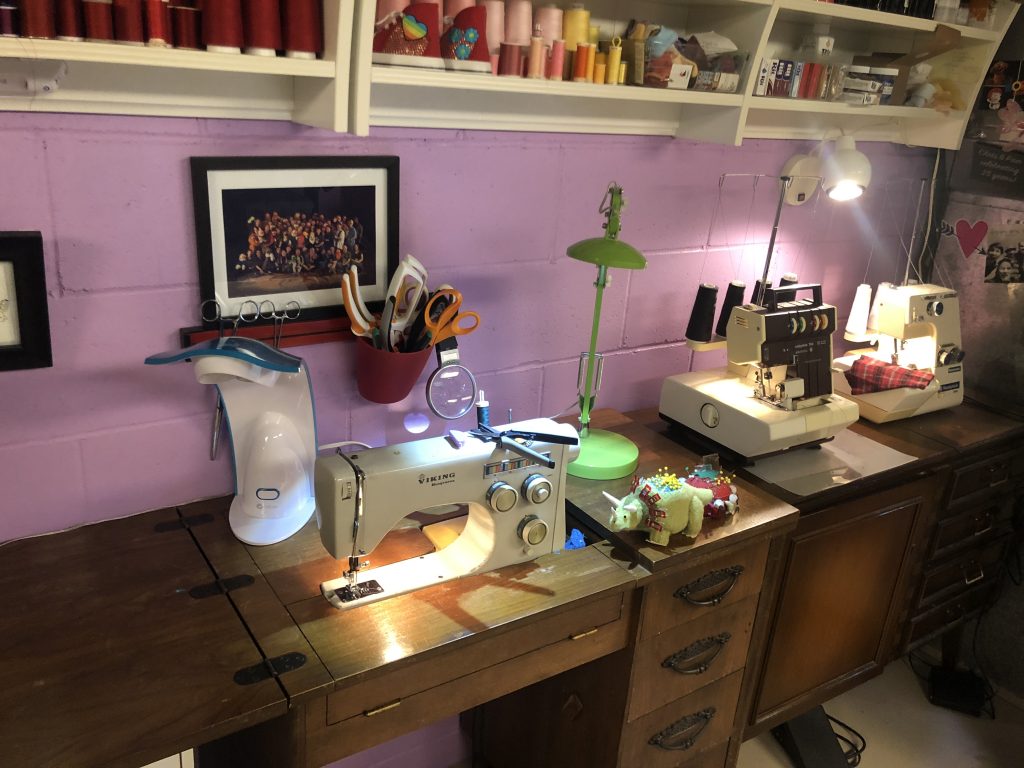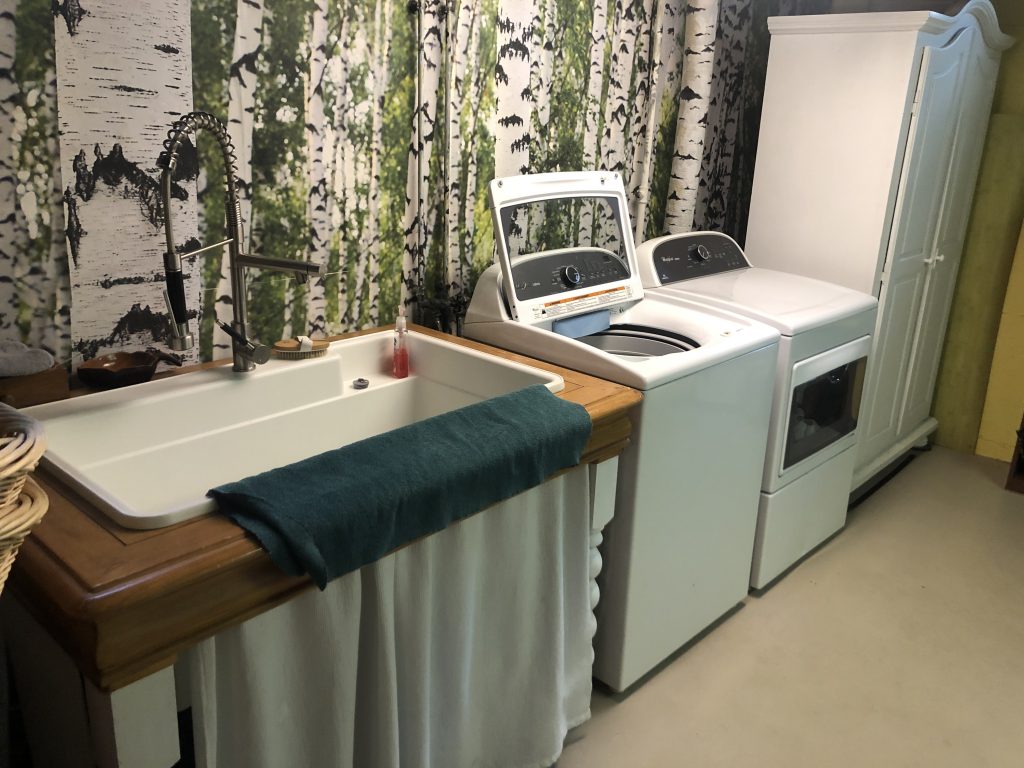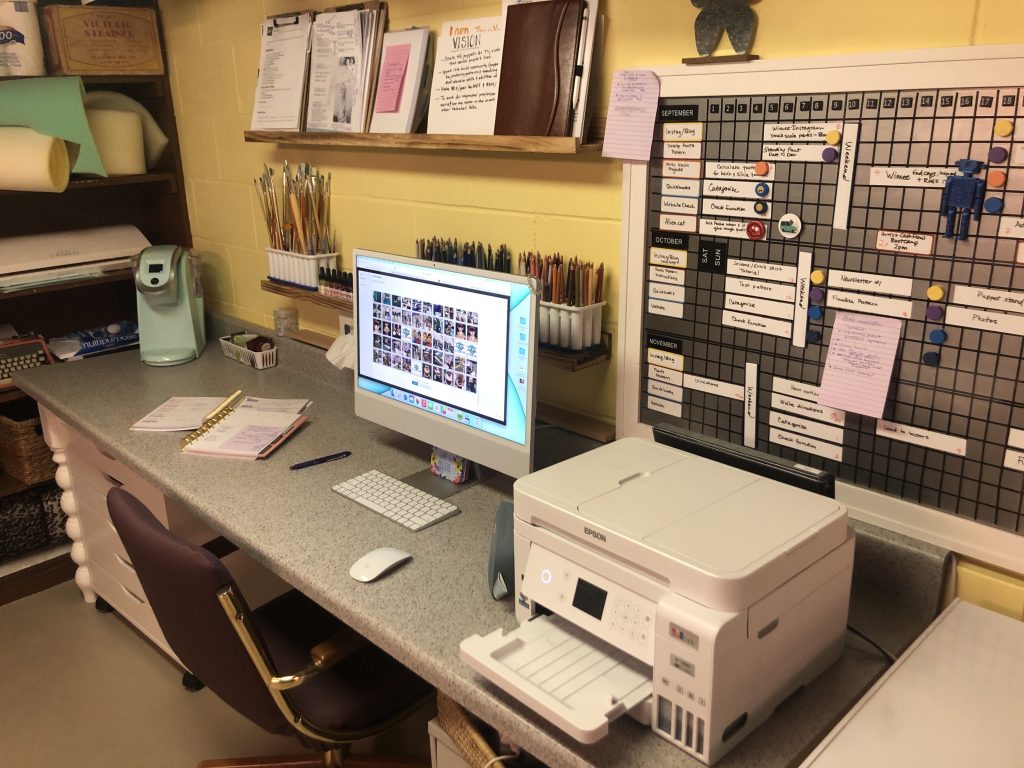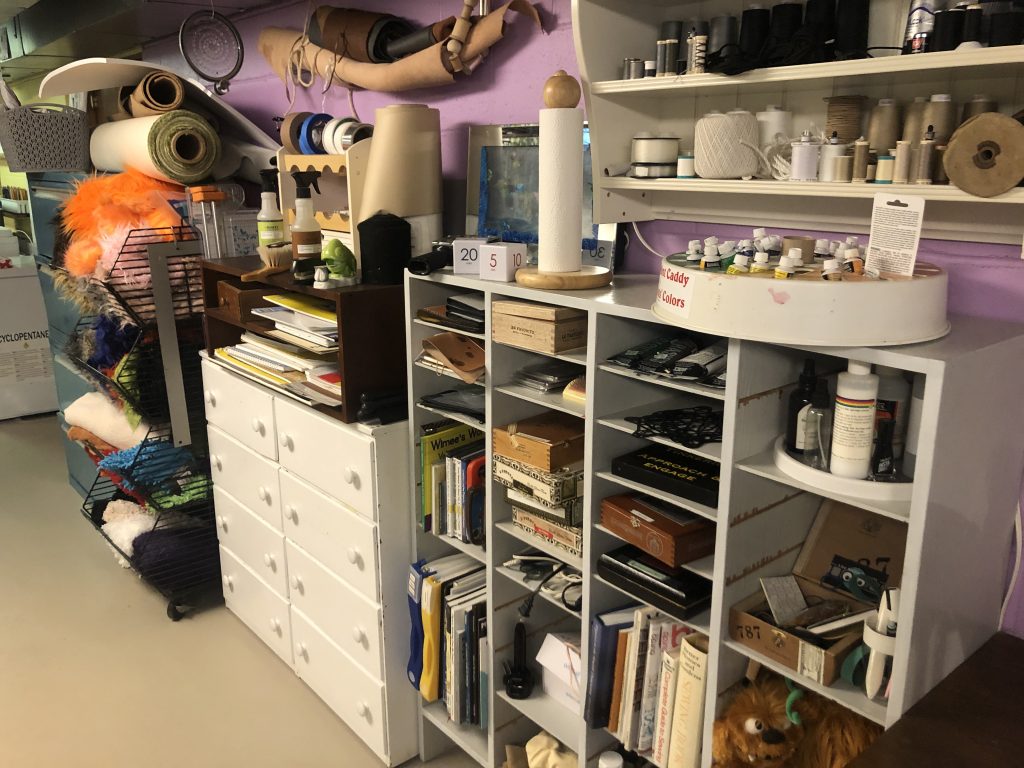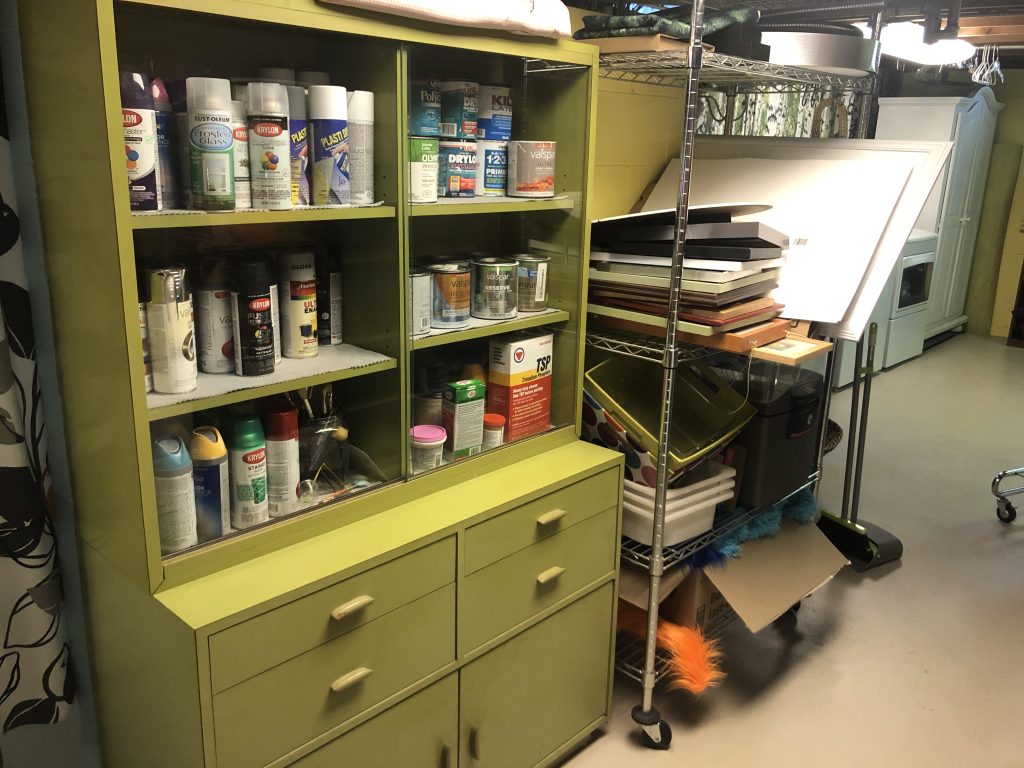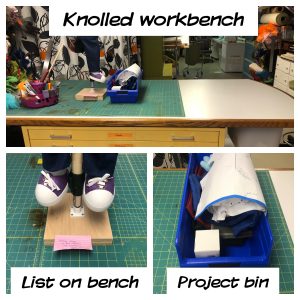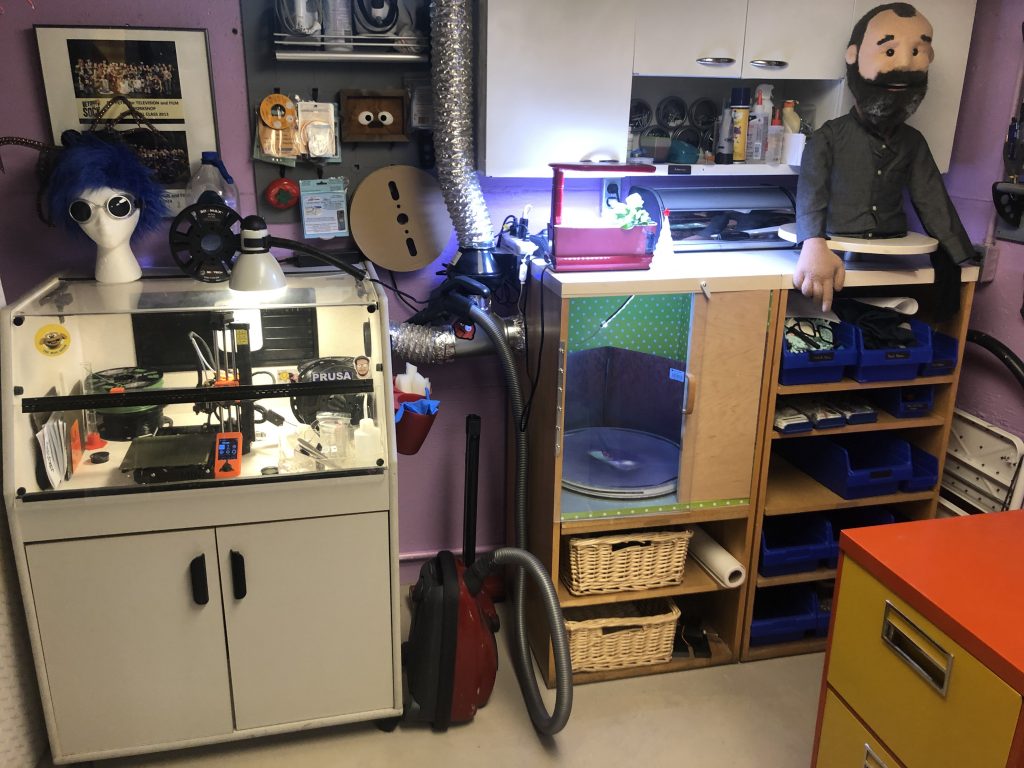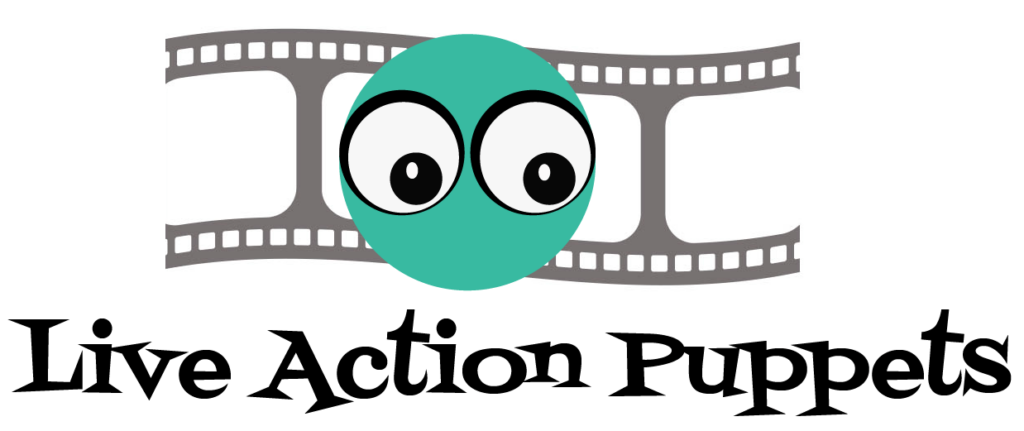Motivation and Organization Ideas for Fellow Creatives
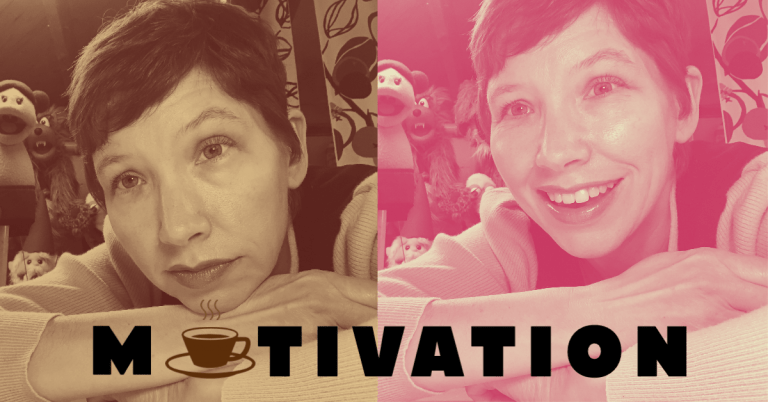
Motivation Levels May Vary
Motivation ebbs and flows, but good habits and a few hacks have helped me get more productive hours in the workshop.
Every artist, every person, deals with a lack of motivation. For writers, the term has been coined “writer’s block”. The term “resistance” was coined by Steve Pressfield in his book entitled “The War of Art”. I love that book. It doesn’t just normalize the existence of “resistance” amongst creatives. It proposes that the habit of showing up consistently and doing the work (even if imperfect) sets oneself up to improve despite lack of motivation. It ultimately fosters creativity.
So…when motivation is an issue or health issues slow you down, what do you do?
Here is what I do:
Set up an environment and systems that support you.
Just like anything that requires discipline, such as sticking to a fitness plan, or showing up on time to commitments, you can set systems in place and prime your environment to make things easier for you to succeed.
What do I mean by this?
Consider the task of getting to an appointment on time. You can set an alarm and lay out your clothes in advance and pack a bag with what you need and set it by the door. You can input the address into your phone ahead of time, so you can pull it up on a map quickly once you are in your car.
This same idea can be applied to working on a puppet project even if that project is in a spare room or basement. The idea is to make it easier to get to your workshop and work on your project consistently even when your motivation is low. The environment and systems you set up for your work space can help you work smarter and more consistently.
My current “secret sauce” to support getting things done are my “3 A’s”
- A list of next steps
- Atmosphere Delightful
- ABK or Always Be Knolling
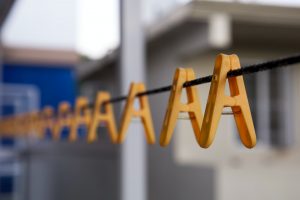
A List
I love planners. I’m a paper junkie and known for my organizational skills. This was not always the case. My mom can attest to me being the messiest of her kids. Becoming more organized was a skill I learned during motherhood. I had to be organized. My own frustration over cluttered chaos meant my organization skills grew as the kids grew.
As you plan your puppet project, you’ll benefit from some organization as well. That means a list. If you are a beginner and following a pattern, then the directions are your “list”. If you are a professional builder, you need a list to make a quote based on the time it will take you to complete the puppet. That list will help you quote and then it will help guide the build. When you enter your workspace, your list needs to be accessible somewhere- on the wall or table. It will be your guide when your energy is low and you need direction on what is next. Even if you don’t want a full list on your workbench, just a post-it note will do. It can list a few steps for your next day and give you focus when you wander in, coffee in hand. Along with your list, a sketch of your puppet will also guide your work. Keep that handy too. Bonus tip: Use capital letters on your workbench list and use a “verb” to start the description. For example, write “SEW arm sleeve” instead of “Arm sleeve” or “ASSEMBLE arm rods” instead of “Arm rods”. Even if you don’t feel motivated, commit to at least working on your top task for 5 minutes. Sometimes that is all you need to get things going for even longer.
Atmosphere Delightful:
This is title is corny, but I’m convinced that “atmosphere” is why I get more done at a coffee shop. There are no distractions (unless a friend pops in). The smells, sounds and other professionals typing away help me focus. The warm coffee is nice too:) To replicate that idea, I literally play a YouTube coffee shop music playlist while I work. You can listen to any music you like that gets you in the zone. Music, good lighting, happy smells and a visually inspiring atmosphere will make your workspace desirable enough that you’ll want to be there. My own space has evolved over the years from a dungeon-like, wet, dark, cluttered poured concrete basement filled with spiders to a brightly painted, well-lit, organized and decluttered studio workshop that I am happy to invite clients into because they like it too. I invested in a good Bluetooth speaker, so my music sounds great. I bought a mug warmer for my tea and coffee. I’m always tweaking my lighting as my space evolves, so that every zone I work in has good overhead lighting and task lighting. I keep my shop floors painted and well swept. Most items are tucked away in hidden storage except those materials that are colorful like fur and a rainbow array of threads. Recognize what kind of workspace inspires you, and make your workspace have similar elements whether it mimics a coffee shop, an artist’s loft, a tidy minimalist office space or a theatre prop shop with a wall of graffiti. The smaller the space, the more important to keep things well organized.
ABK or Always Be Knolling:
This little gem is from artist Tom Sachs and his 10 bullet points video “Working to Code”. “Always Be Knolling” (ABK) is bullet point 8 of his 10 points and is related to decluttering the tabletop where you work. Sachs had this training video made by one of his staff to teach the others the rules of his shop.
Knolling is the act of scanning your bench for items not in use and putting them away. The remaining items are placed in an orderly manner on the bench. While I might not always place each item in a row perpendicular to the table edge like described in the video, I see the value in removing items as I work. This allows for enough space for the next step and protects the puppet from getting dirty. Along with the “knolling”, I would advocate brushing off the work bench, so your project stays cleaner. For small spaces, knolling is more important since you have limited space.
With your list, a good atmosphere and a clean workspace, you can dig into your project more easily.
Even if you are energy low, commit to at least doing 5 minutes and see if you don’t stay a little longer;)
Happy building!
In case you are curious…here is my workshop with an atmosphere at delights me.
Below is my current workshop. This space has evolved over the last 15 years and has taken more of the basement as my needs have changed. My first puppet workspace as a teenager was my parent’s dining room table, so this is a massive upgrade. I love my space here.
